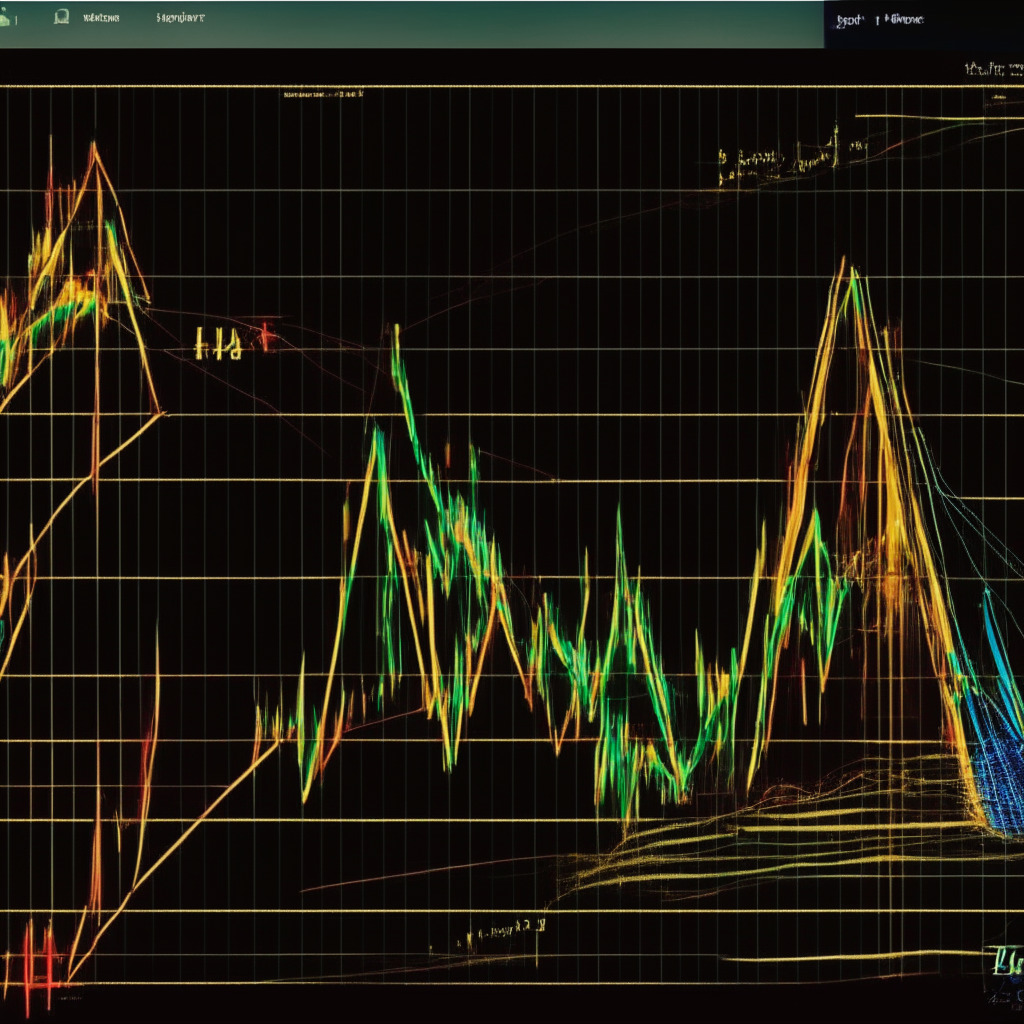The recent application by asset management giant BlackRock to launch a Bitcoin exchange-traded fund (ETF) has stirred varying reactions within the crypto community, igniting both excitement and skepticism surrounding the involvement of traditional financial giants in the cryptocurrency space.
For many, the world’s largest asset manager’s decision to enter the crypto world signifies a crucial validation for the industry, following a tumultuous period marred by bankruptcies and scandals. This could potentially expand the reach and acceptance of digital currencies, driving further mainstream adoption.
However, others in the crypto community have raised concerns about BlackRock’s potential entry into the space, arguing that the interests of traditional Wall Street giants like BlackRock may not necessarily align with those of crypto-native companies and users. Critics argue that the involvement of such financial behemoths risks compromising the core principles of cryptocurrency, such as privacy and decentralization, which in turn may jeopardize its disruptive potential.
In fact, the potential power shift towards traditional financial institutions is becoming increasingly visible, especially with the recent launch of EDX Markets, a crypto exchange backed by prominent Wall Street players, such as Citadel Securities, Fidelity, and Charles Schwab. Additionally, renewed ETF filings from the likes of Valkyrie Funds lend further support to the growing presence of traditional financial giants in the crypto market.
Cryptocurrency enthusiast and venture investor, Nic Carter, has hinted that the move by the likes of BlackRock could be part of the crypto landscape’s ongoing transformation. Carter speculates that the SEC may have guided BlackRock to apply for the ETF at a juncture when crypto-native firms have seemingly lost their influence, further enabling the advancement of institutional players.
While it is true that BlackRock has garnered a reputation for its longstanding interest in the crypto sector, having close to a dozen executives actively focused on the industry, there are concerns that its increased involvement could signal the end of cryptocurrency’s decentralized ethos. Drawing comparisons to “letting the fox in the hen house”, some fear that major financial firms might undermine the revolutionary aspects of cryptocurrency.
Ultimately, the entry of traditional finance institutions into the crypto world sends mixed signals to crypto enthusiasts and market participants. As this power shift continues to unfold, it remains to be seen whether these new players can maintain the disruptive spirit of the industry or whether the interests of Wall Street giants will overshadow the core principles of cryptocurrencies.
Source: Cryptonews




